Amazon Expedition Cruises.
By Anne Kalosh.
QuirkyCruise’s Anne Kalosh talks with Mark Baker, the founder of Amazon Nature Tours (www.amazon-nature-tours.com). Sailing in Brazil’s deep Amazon aboard the small, eco-friendly vessel Tucano, travelers explore the dense forests and small tributaries within the Central Amazon Conservation Complex, a UNESCO World Heritage Site. This is one of the planet’s richest places in terms of biodiversity.
Most of the four- and six-night journeys are spent on the Rio Negro, the least inhabited major river in the Amazon basin. Led by trained naturalists, these expedition cruises include kayak and launch excursions, hikes, visits to native villages, fishing for piranhas and beach outings.
Recently Brazil eliminated the tourist visa requirement for citizens of the United States, Canada, Japan and Australia, making it easier and less costly to travel to the country. However, there’s been an international outcry over fires in the Amazon, which have sharply increased this year. Activists say the anti-environment rhetoric of President Jair Bolsonaro has emboldened tree-clearing by farmers and ranchers since he took office in January.
QuirkyCruise: Given the Amazon fires and some calls to boycott trips to Brazil as a result, what would you advise mindful travelers?
Mark Baker: A boycott of travel to Brazil would have a very negative consequence on rain forest preservation. The travel industry is one of the strongest voices in conservation and has a very positive effect on public policy. By enabling travelers to experience the natural wonders of the Amazon, the travel industry helps generate international will to support conservation as well as serve in the vital role of environmental education, one of the most powerful forces for change.
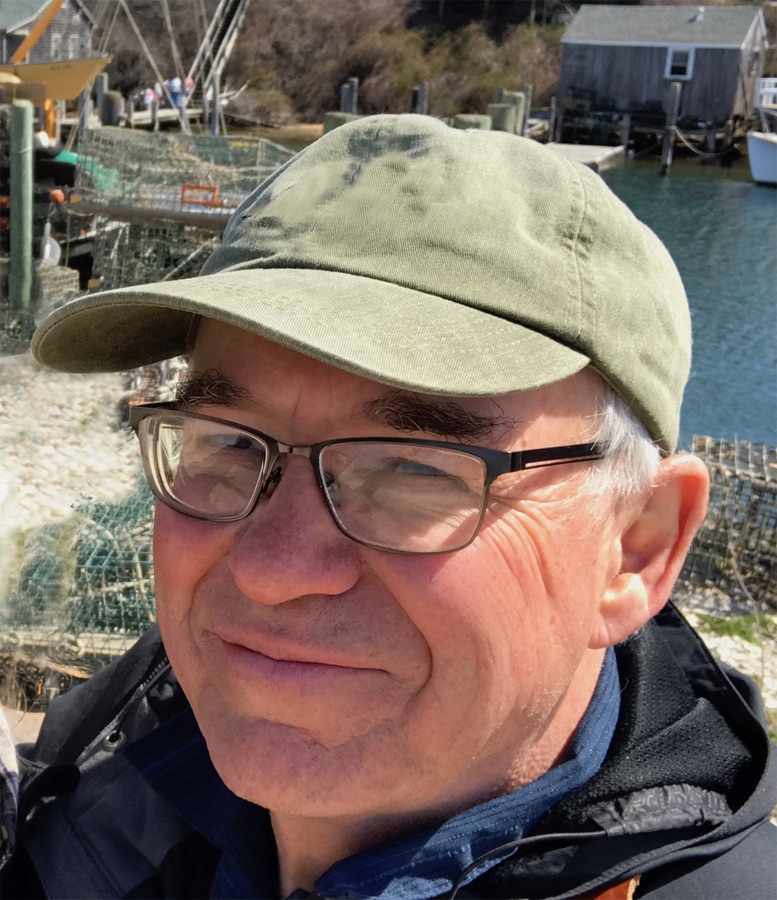
Mark Baker, a boatbuilder from Rhode Island, fell in love with the Amazon and created a tour company in 1988. * Photo: Amazon-Nature-Tours.com
QuirkyCruise: Do your trips go anywhere near the fires?
Mark Baker: What may be hard for many of us to grasp is the grand size of the Amazon. It’s as big as the continental United States. While the pace of deforestation has increased this year, fortunately, the scale of the region is so large that it is not perceivable where we operate. We voyage in the state of Amazonas which, if it were a country, would be the 13th biggest in the world.
The forest in the grand extent of the Amazonas is not at all impacted by the fires. There is no smoke in the air. We are fortunate that the state of Amazonas is only about 3 percent deforested and where the cruises take place, on the Rio Negro, there is no commercial logging or agricultural development so we are able to enjoy the wild forest.
We absolutely support efforts for rain forest conservation, and one of the most important and necessary steps in this endeavor is environmental education. This is a mission of ours for our 30 years of operations and we remain dedicated and committed to sharing the beauties of the Amazon and the need to preserve them.
QuirkyCruise: What drew you to the Amazon?
Mark Baker: It’s truly a quirky story. There’s a family myth: My great great-great-grandfather was Daniel Boone. I’ve always been a lover of nature, since I was small, poking around in the woods. I had a coonskin cap.
I’m a boatbuilder by trade, in Rhode Island. I took a vacation in 1980. As a professional mariner, I took a position on a sailboat as a crew member. When I finally got to Manaus I was so captivated, I decided I was going to make a life out of this somehow.
I started a lumber company, importing wood from Brazil into the United States. I would fly all over the Amazon to zones where big machines were cutting down trees. I did that for eight years. In the end, I just could not do it any more.
I realized you can appreciate the nature of this place but not support the destruction of the forest. So in 1988, I transitioned to a travel company.
In the Brazilian Amazon, you’re surrounded by thousands of miles forest, but it’s almost impenetrable. The way to get into it is by boat. It is a perfect way to see it and explore. So this was a very happy meeting of my two passions.
QuirkyCruise: Your company promises “true expedition cruises.” What does that mean?
Mark Baker: It’s not a boat experience. It’s an expedition experience. We use the boat as a vehicle to explore. It’s really about getting us to where we want to be. We take four or five excursions a day, so we’re only on the boat 10 or 11 hours.
Our six-night cruises are 230 miles one-way. We go into a UNESCO World Heritage Site. We’re pretty much the only regular boat. There are few people. No extractions of any kind are allowed. Fishing is limited. It’s a true wilderness.
When you come into a really remote place, you start to really understand what nature is like. There are no engine sounds. You have a true sense of the howling wilderness. You don’t walk off 100 yards on your own. We’d never find you.
It’s scary, thrilling and, in the end, captivating.
QuirkyCruise: What kind of experiences can people have on your trips?
Mark Baker: They’re very active. We offer four or more excursions every day. We divide into two groups, a science group and an adventure group. People can choose which one (for each excursion), so everyone’s happy.
The science group goes out in 10-meter launches, birdwatching, learning about plants and animals. It’s a wilderness experience but not physically taxing.
The adventure group goes hiking or kayaking. It’s a really physical experience.
The science group goes out first in the morning, at 6 a.m., when the birds are out, feeding. They come back and have a big breakfast. Everybody goes out at 10. Both groups walk in the forest for about an hour. These are really wilderness trails but travelers don’t have to use a machete. The adventure group continues for about two hours.
Everyone comes back at about noon, when it’s getting hot. We fire up the main engine and travel until 3:30 or 4.
In the afternoon, everybody goes out in the launches. They’re back around 6 or 6:30. The sun goes down. They have dinner.
At 7:30 or 8, they go out for the night wildlife, always by launch, to see the nocturnal animals. It can be a little bit scary.
QuirkyCruise: What’s the boat like?
Mark Baker: We built Tucano. It’s been in service since 1997. It’s had four refits since then. You want it to feel new. Most recently it was out of service for a month. I am by profession a boatbuilder so we did it ourselves. We took it apart and put it back together.
We were really pressing on sustainability and made substantial modifications to make Tucano more thermally insulated, in order to expand solar energy use. We peeled off the exterior vertical walls and added double and triple insulation in the interstices and put in new windows that are thermally protected. Almost 25 percent of the energy used on board is solar.
We’ve replaced the exterior with a type of aluminum. We designed a method to not use wood. Our process is solar-powered electricity. There’s not a lack of it but we don’t want to waste it. We store the solar power because we have electric launches that we use every day. We’re making ice with it. Our galley refrigerator and freezer run on solar power. We heat the water for showers with it as well.
My goal is to make our main salon air-conditioned by solar power. This enables us to turn off all the machines and have absolute silence for four hours a day. The solar power hours are generally in the early morning and late afternoon when the boat is at anchor and most people are on excursions. The air-conditioning system does not operate during this time but because of the insulation, the boat stays cool.
These hours are a good time to enjoy the stillness and appreciate the sounds of the forest.
QuirkyCruise: Are people roughing it on Tucano then?
Mark Baker: Tucano has air-conditioned cabins with 700-thread-count Egyptian cottons, chocolates on the beds. It’s not a luxury experience but very comfortable, very sophisticated.
Each cabin has a private bathroom. There are two showers, one with solar-heated water, the other, diesel-electric-heated water.
At lunch and dinner, you get choices of entrees. It’s Brazilian cuisine. Lots of fruits, fish, quite sophisticated flavors and presentation. We have five kinds of fruit-flavored ice creams.
We carry lots of vegetarians and vegans. We ask everyone to fill out an information sheet so we can design the menus accordingly.
Our staff have worked with us for decades. We have eight crew members, all Brazilians. There are just 18 travelers.
Read QuirkyCruise contributor David Cogwell’s article about his week on the Tucano.
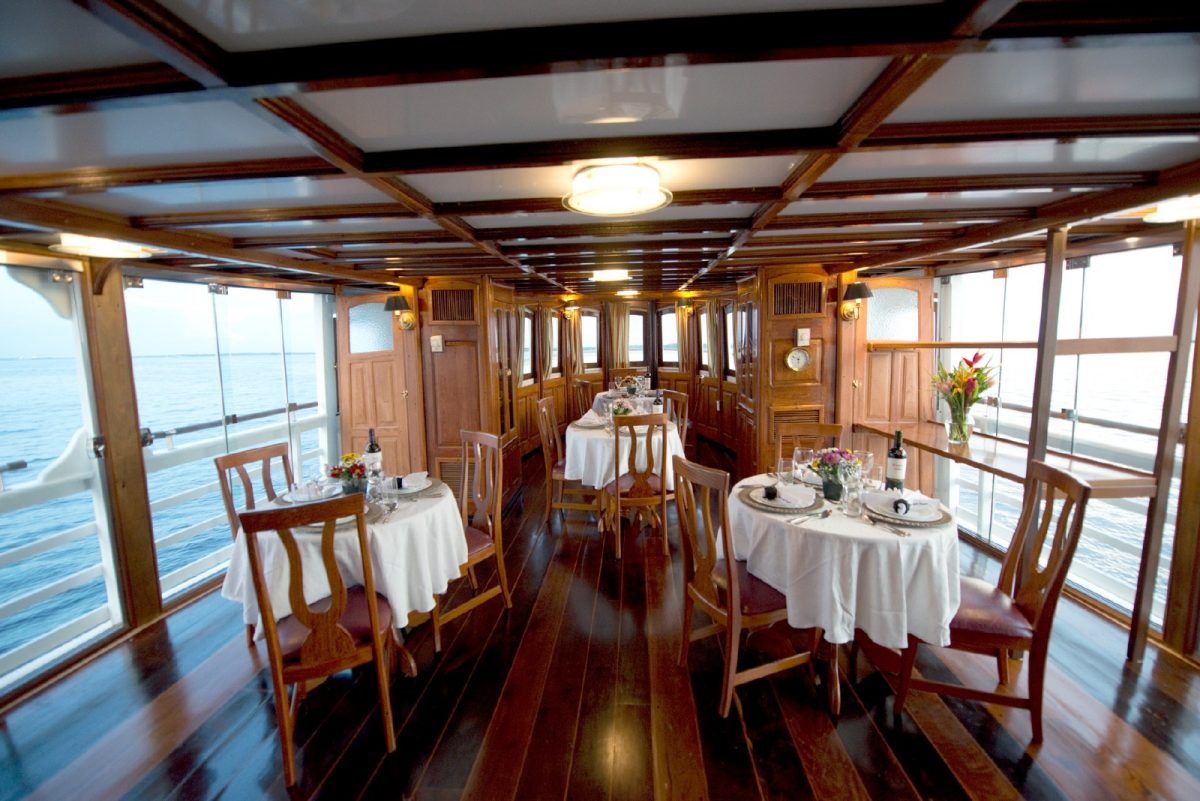
Tucano’s ample salon has large windows and serves as the dining area and lounge. * Photo: Amazon Nature Tours
QuirkyCruise: Who are your customers?
Mark Baker: People from all around the globe. This notion of exploring the Amazon features in the dreams of people from around the world. There may be four or five languages or nationalities on our cruises. The common point is they all love nature. They have a sense of adventure.
One-third are from the U.S. One-third are from Europe, a lot from the U.K. and Benelux. We have people from as far away as India.
Some travelers take our cruise as part of a Brazil package.
There’s always a real affinity with the other travelers. We want to have a congenial group. Some people form lifelong bonds.
QuirkyCruise: Should people be fit?
Mark Baker: We ask that people be healthy. Some people will come and stay on the boat (and not take the excursions). We’re always at anchor and they can see interesting things. Good health is necessary but athleticism is not.
QuirkyCruise: Do you allow children?
Mark Baker: It’s absolutely appropriate for children. We have some discounts for them, too. They need to be at least 7 years old. It’s a lot of fun to have children with us. In July and August we have lots of extended families — grandparents, parents, children. They go swimming, catch piranhas and we eat them. We find all kinds of strange creatures.
QuirkyCruise: What kind of wildlife can travelers see?
Mark Baker: One hundred kinds of birds — pygmy kingfishers, hoatzins, harpy eagles, king vultures with a wingspan of seven feet.
The primates include big groups of howler monkeys, spider monkeys, two to three species of tiny marmosets.
Collared peccaries are really unusual. Giant river otters.
It takes real discipline to see some things. We teach people how to watch in the forest. We’re quiet and use hand signals. We try not to wear bright colors.
Outboard motors make noise that scares off animals. We use electric motors.
QuirkyCruise: Does the experience vary by season?
Mark Baker: We begin our voyages at about two degrees from the equator. There are rainy and dry seasons, but it doesn’t rain as much in this central part as in other places in the Amazon.
The rainy season is from about mid-December to mid-May. There’s really interesting bird life from February to April/May.
The dry season runs August to November. From June to September, the water depth is lower so it’s a really good time to see pretty much everything — lots of birds, primates, plants.
In September you start to see dramatic changes. The water goes down. It’s much hotter. There are countless fish. Lots of dolphins. Every kind of fishing bird. Caiman. It’s a really good time for raptors.
In October-November, it’s extremely hot.
QuirkyCruise: What does a trip cost, and what’s included?
Mark Baker: There are nine cabins. The daily rate is $600 to $650 per person, and the lower category rooms cost 30 percent less. There are two single cabins.
The cost includes excursions, meals, water. There are very few extras, with the exception of alcohol and soda. We’re sober naturalists, but we do have a party the last night with music and caipirinhas for everybody.
QuirkyCruise: How should people prepare for a trip like this?
Mark Baker: We send a 24-page pre-departure booklet that tells about some suggested equipment and the perspective travelers should have. We ask people to focus on the nature and history and think of themselves as explorers for knowledge.
Stay focused. That’s what hunters do. They are ecological hunters. Look and listen.
When people are focused, we see lots more than would be possible otherwise.
🦜
Don’t miss a post, subscribe to QuirkyCruise.com for monthly updates!
© This article is protected by copyright, no part may be reproduced by any process without written permission from the author. All Rights Reserved. QuirkyCruise.com.

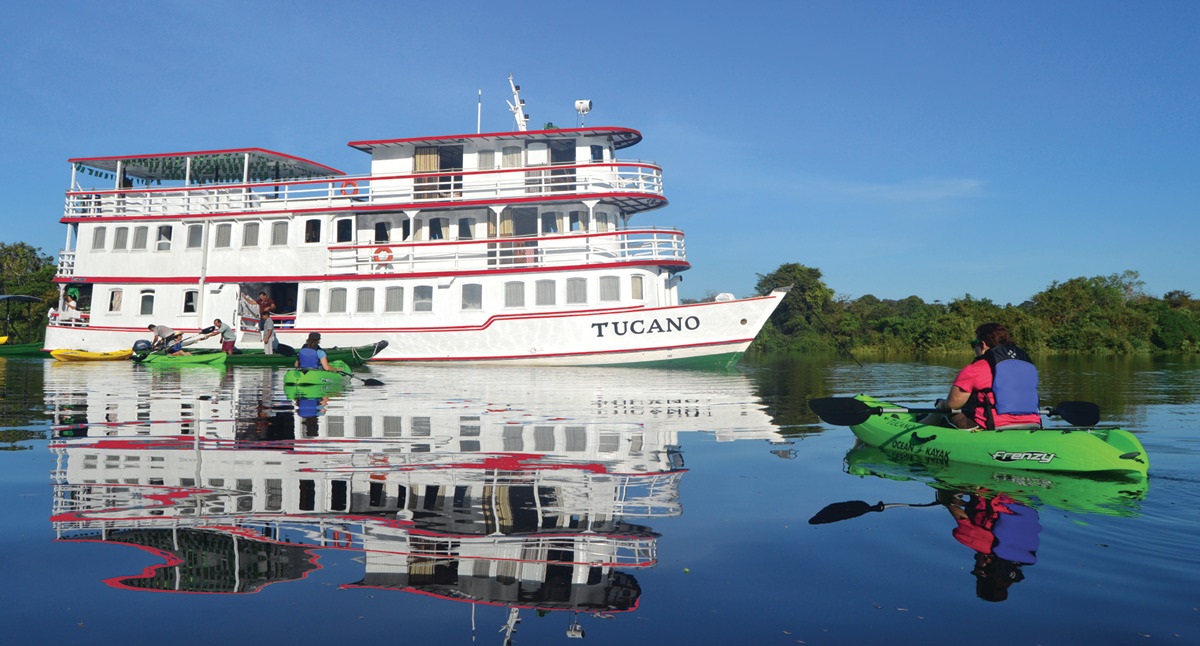
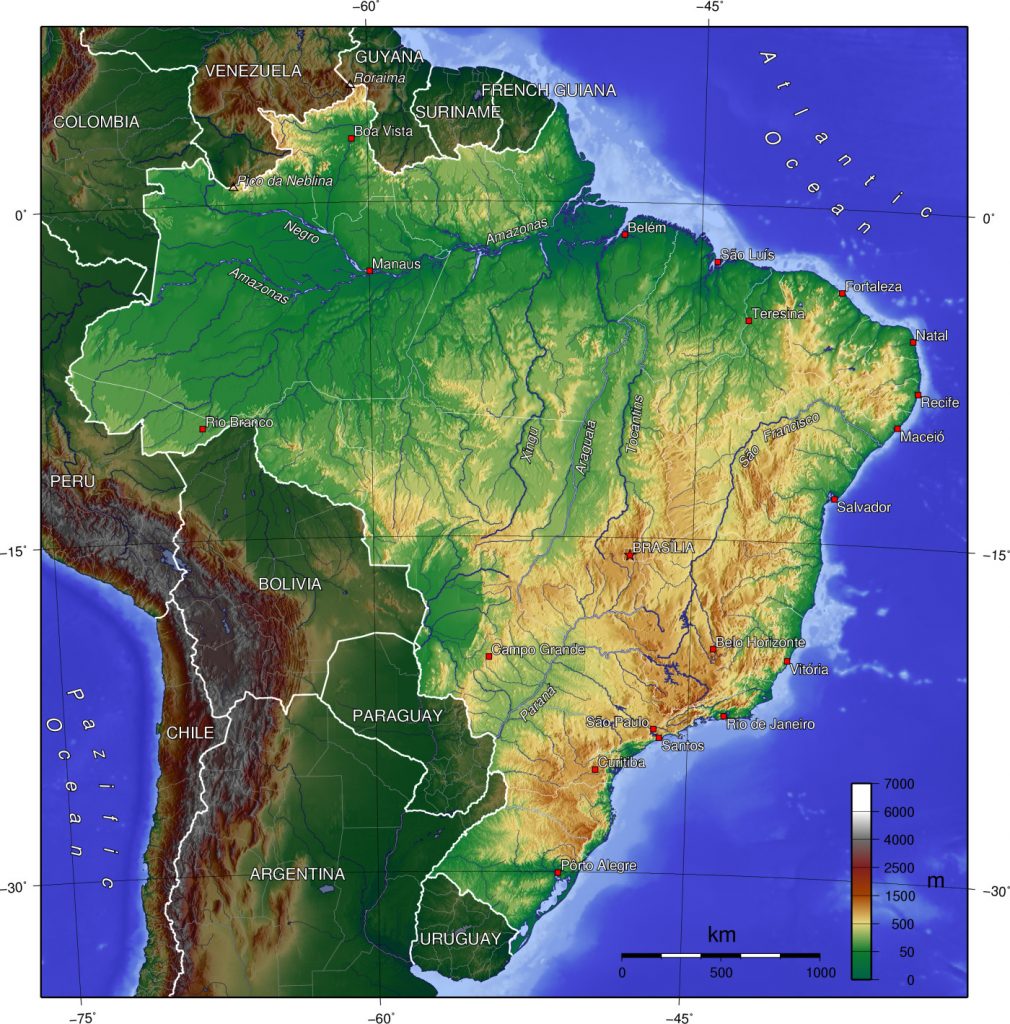
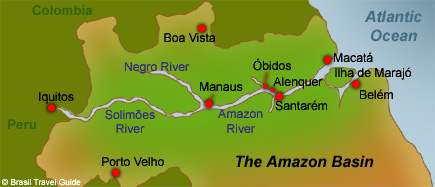
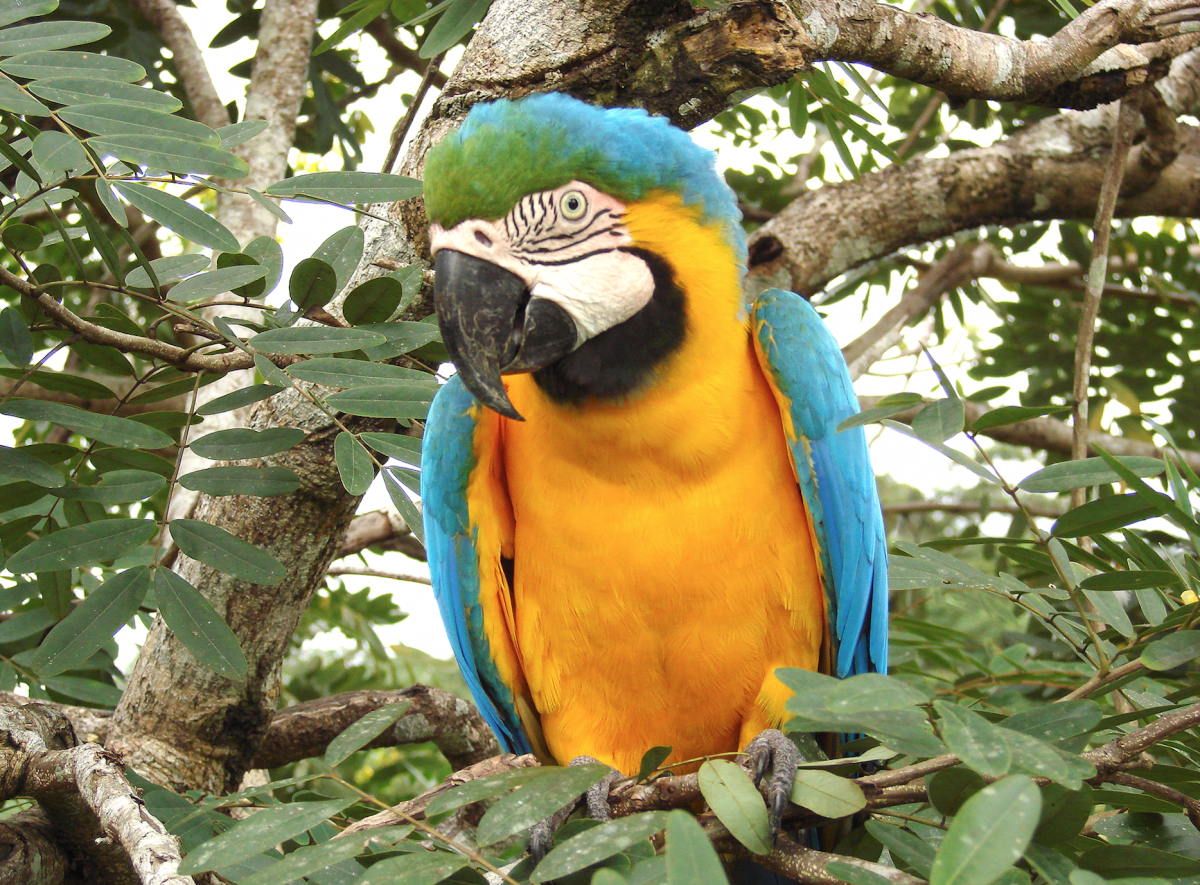
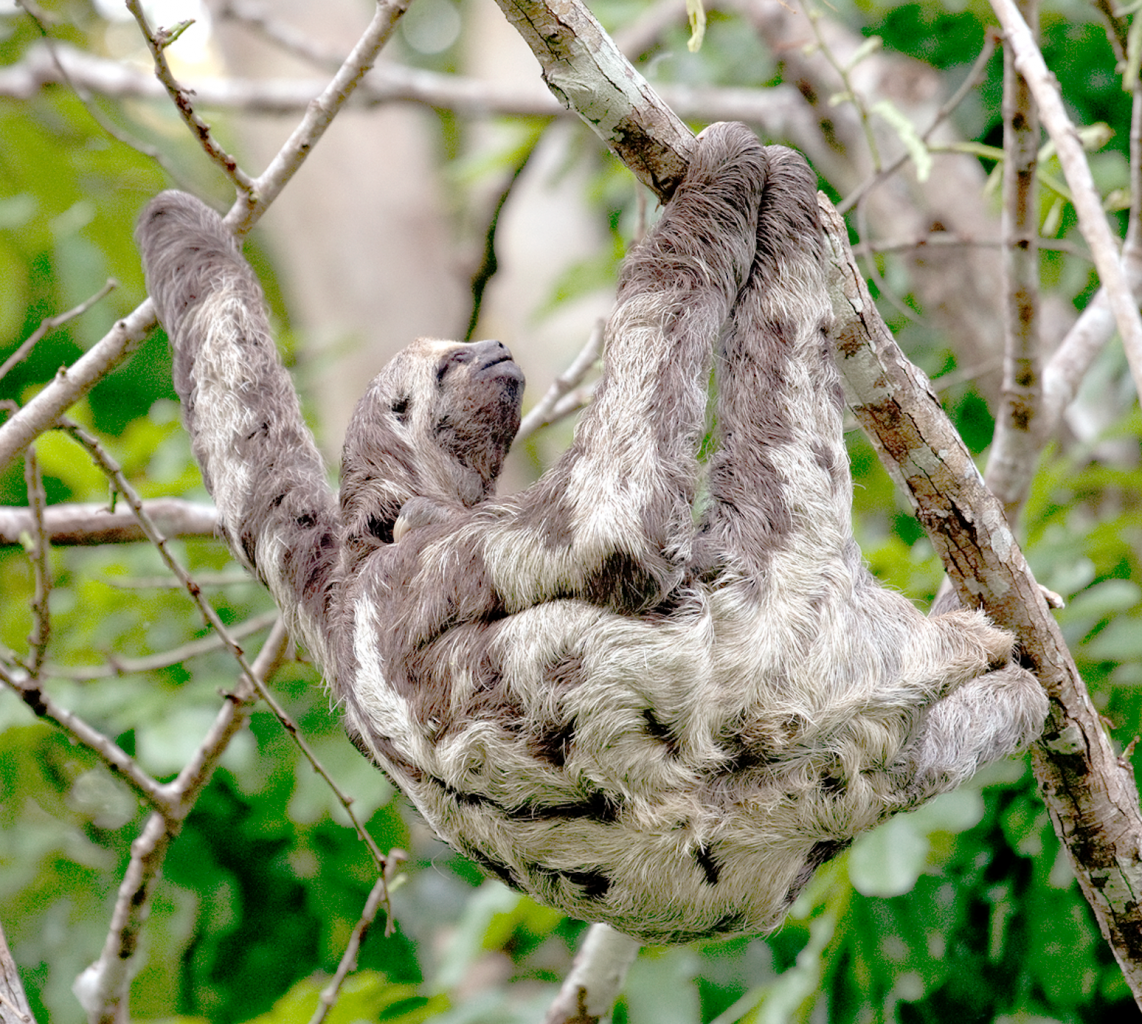
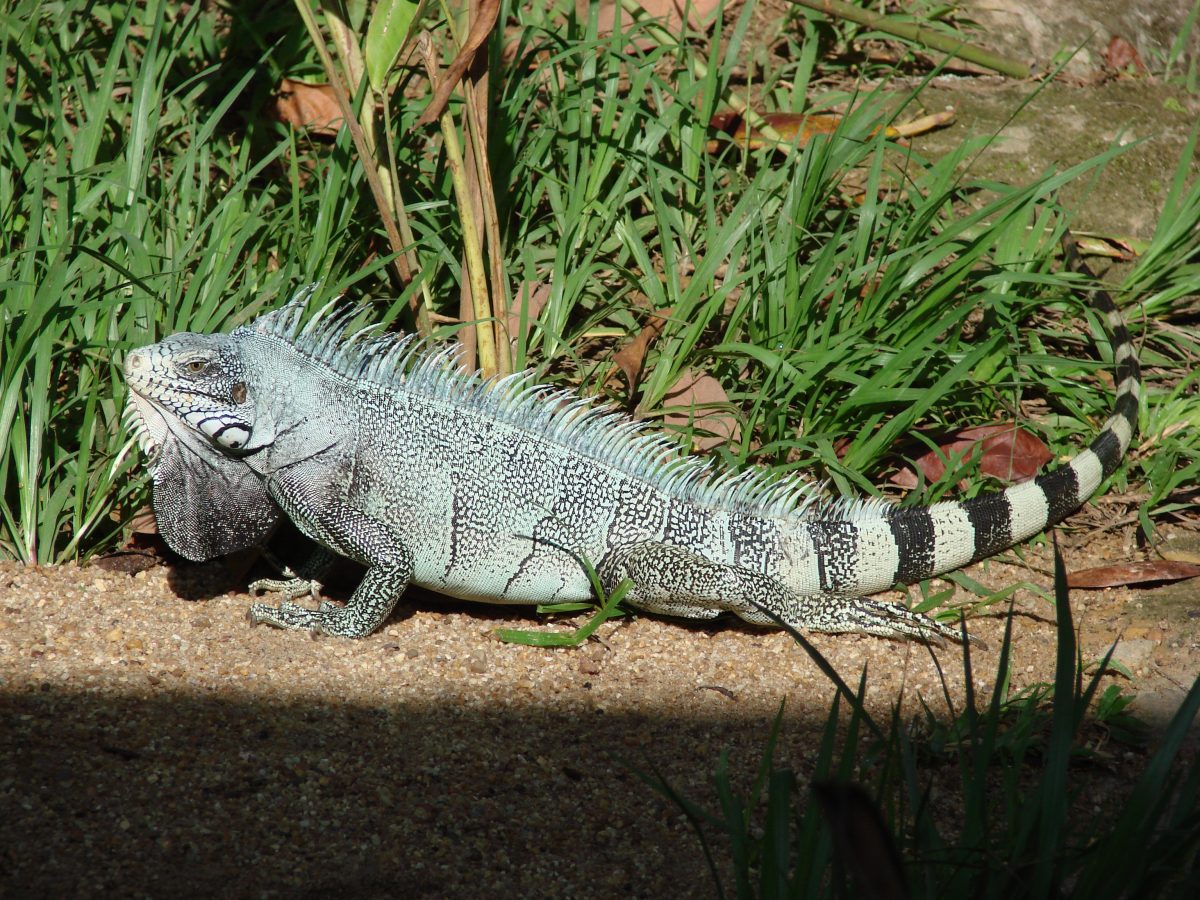
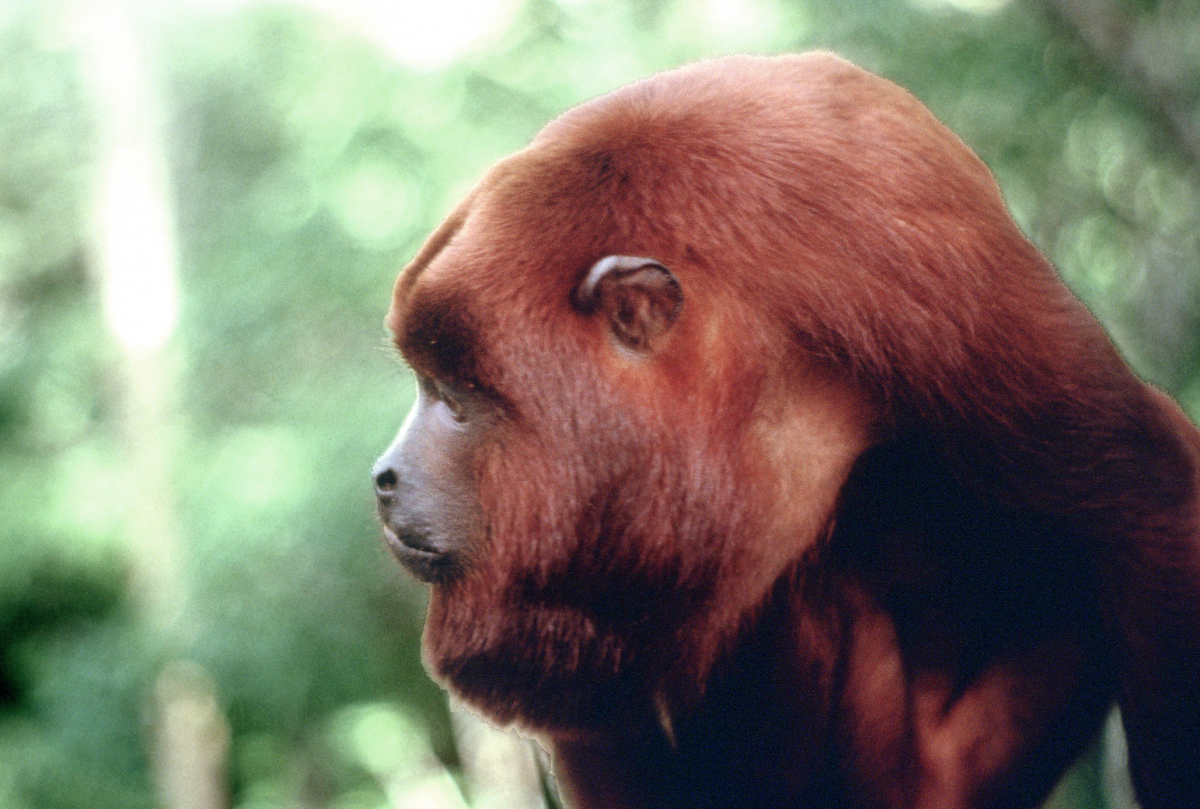
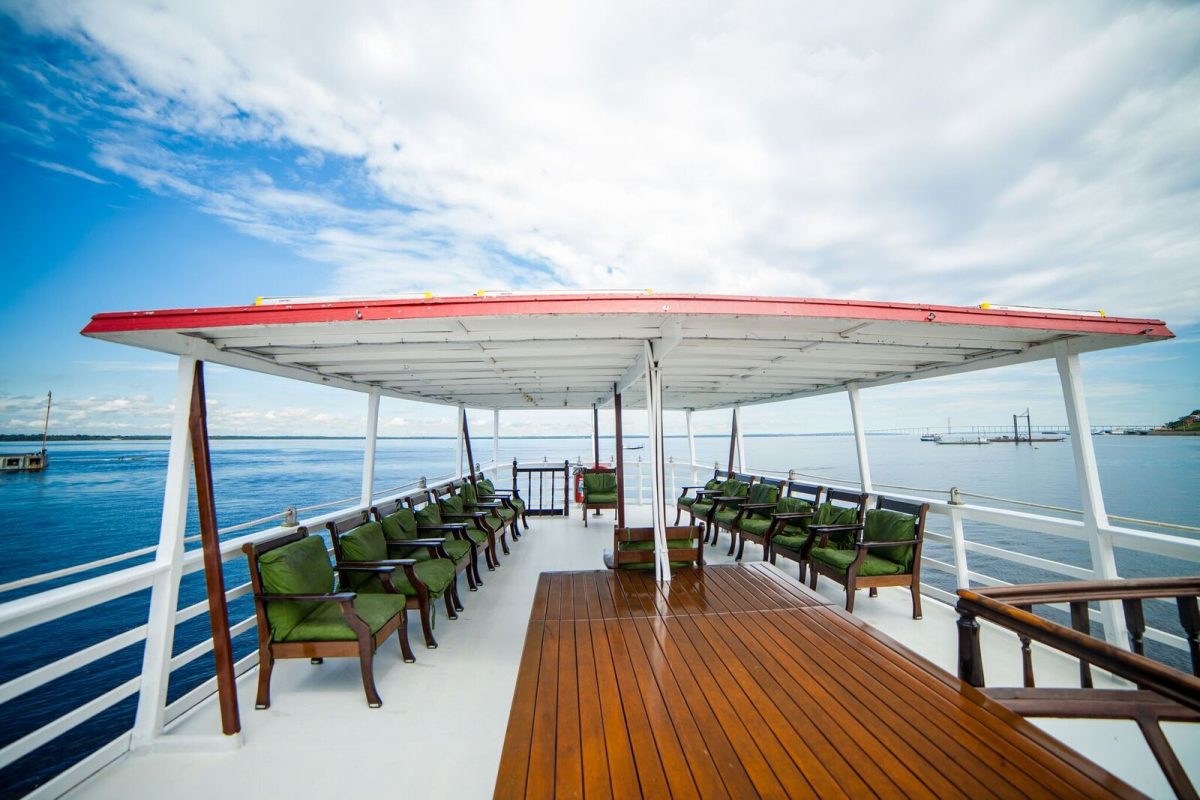
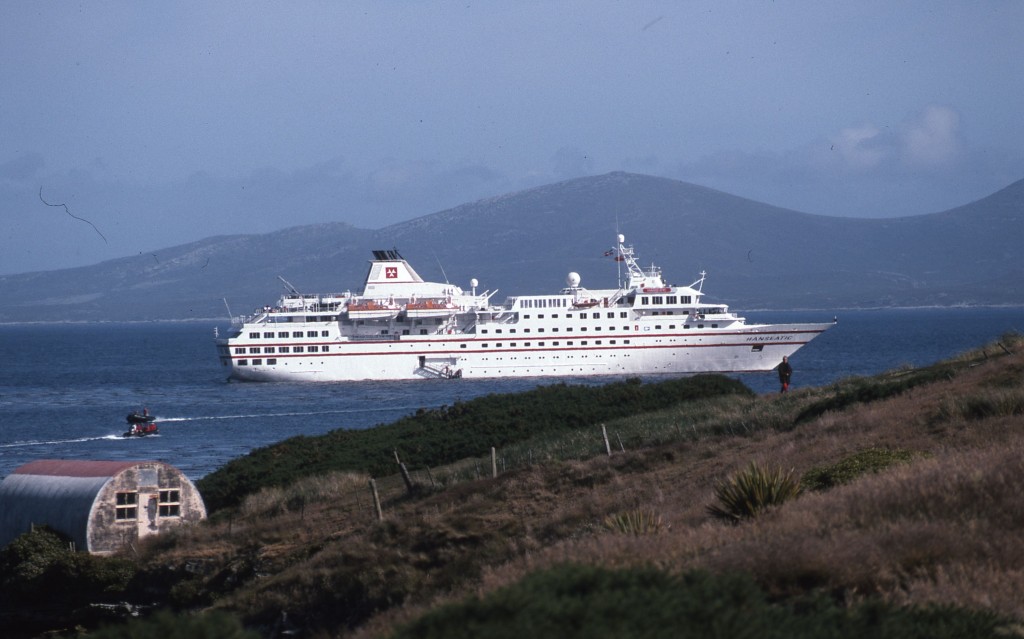
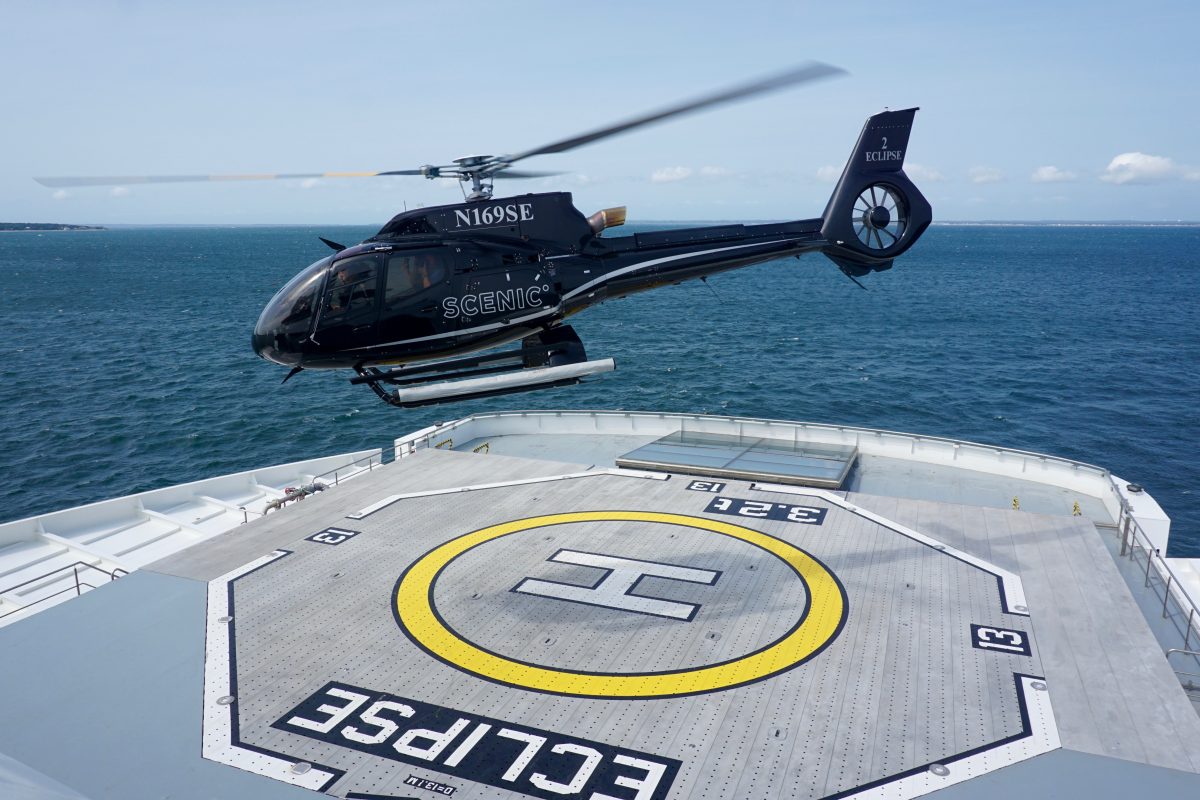
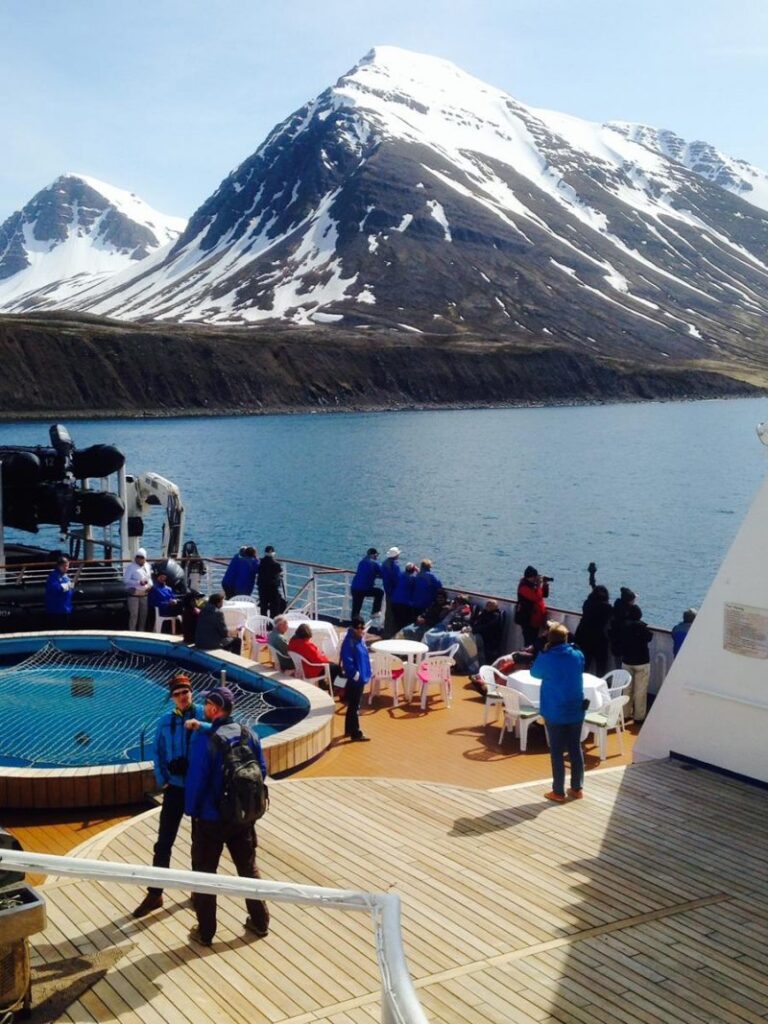
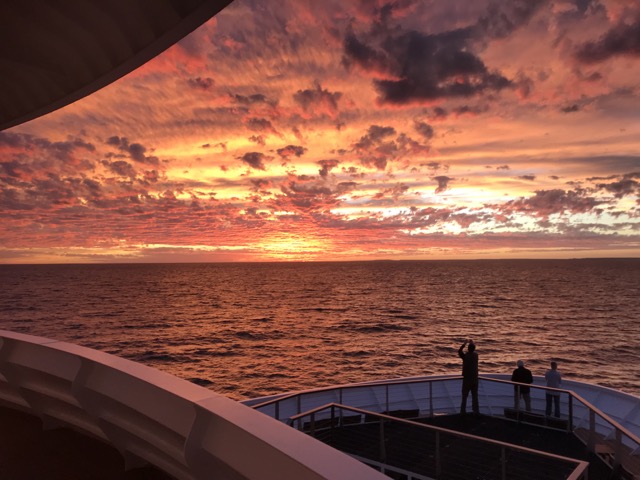
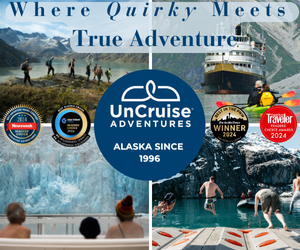
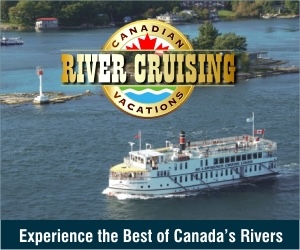

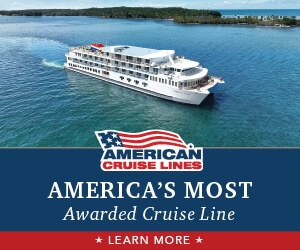
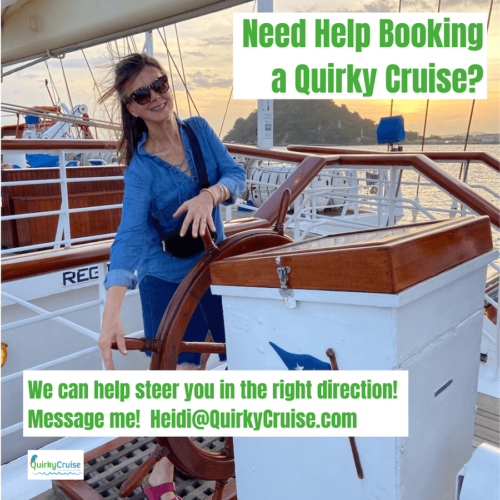
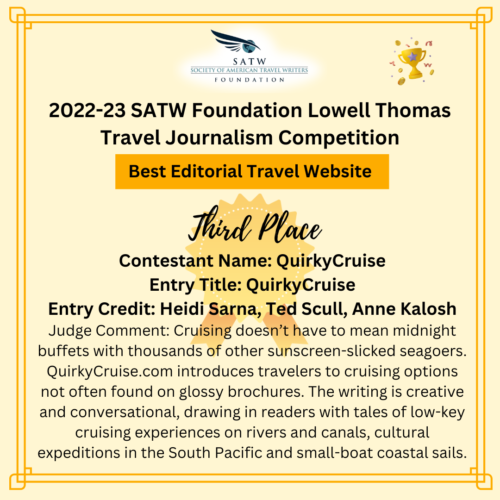
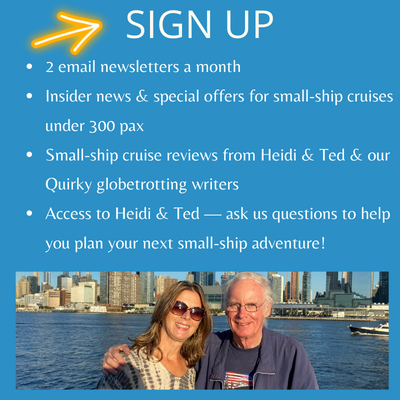

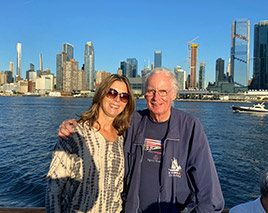 HEIDI SARNA
HEIDI SARNA
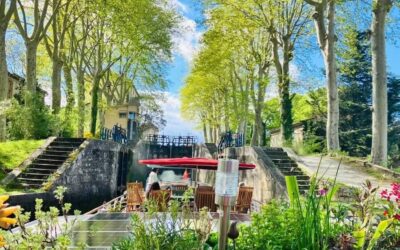
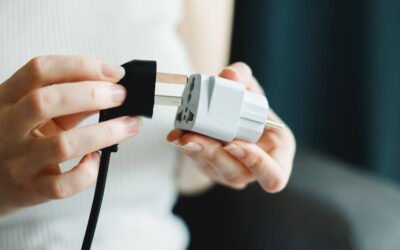

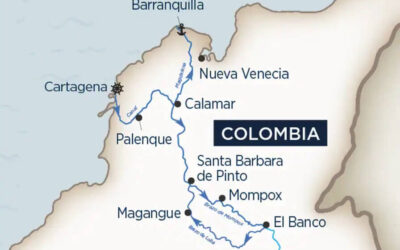
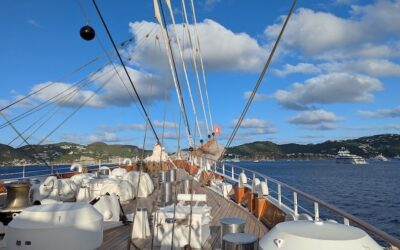
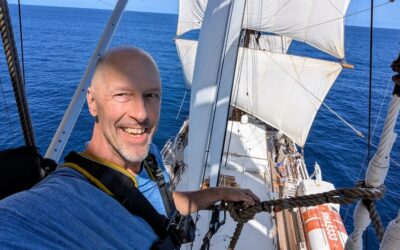
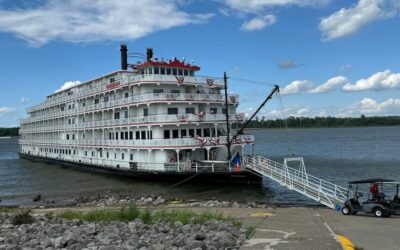
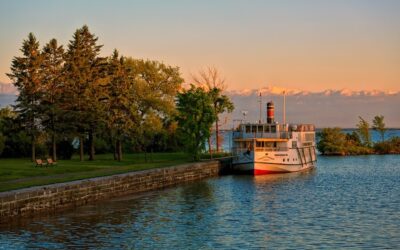
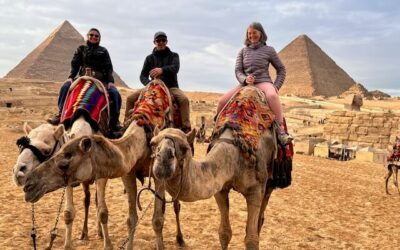
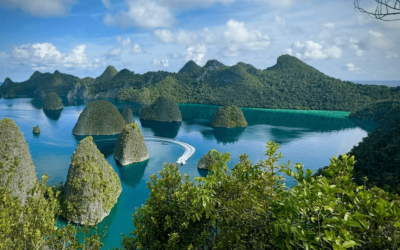
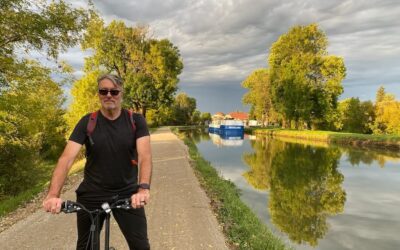

Very cool! I love the idea of traveling this way and the push for sustainable power generation on the boat is hopeful as well.
Thanks for this.
Thanks Robin, we totally agree! Love that Amazon Nature Tours is pushing the envelope, hopefully other lines will follow suit.